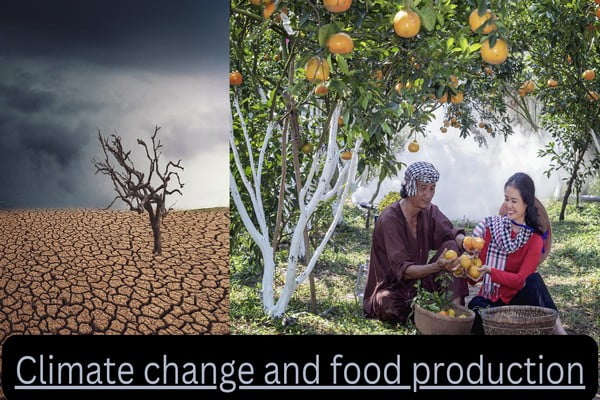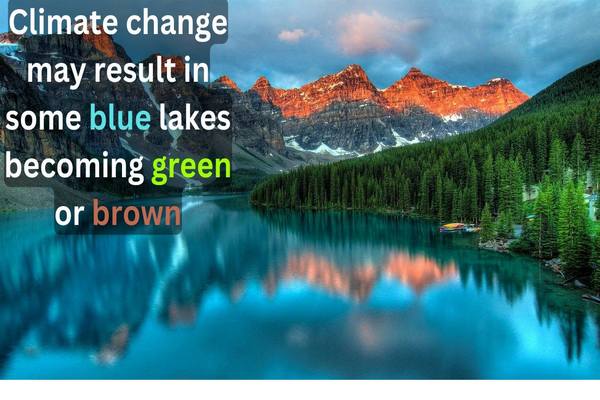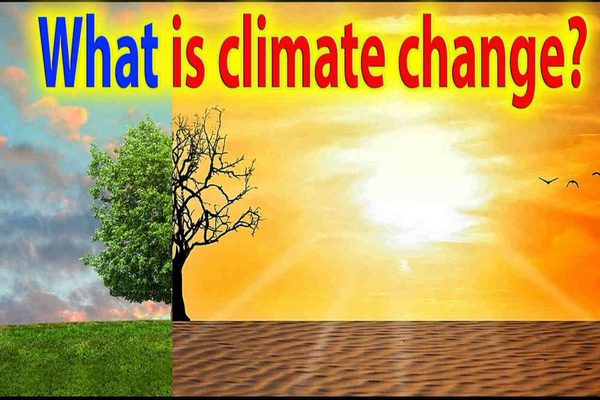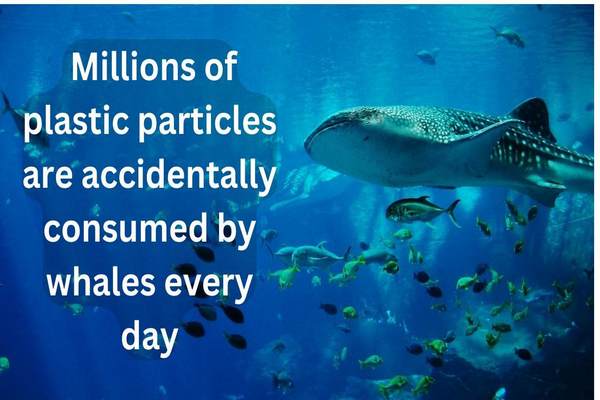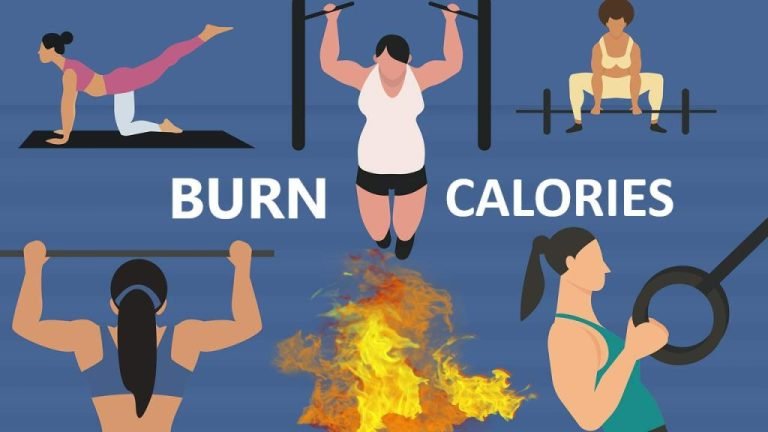How climate change may reduce the nutritional value of our food
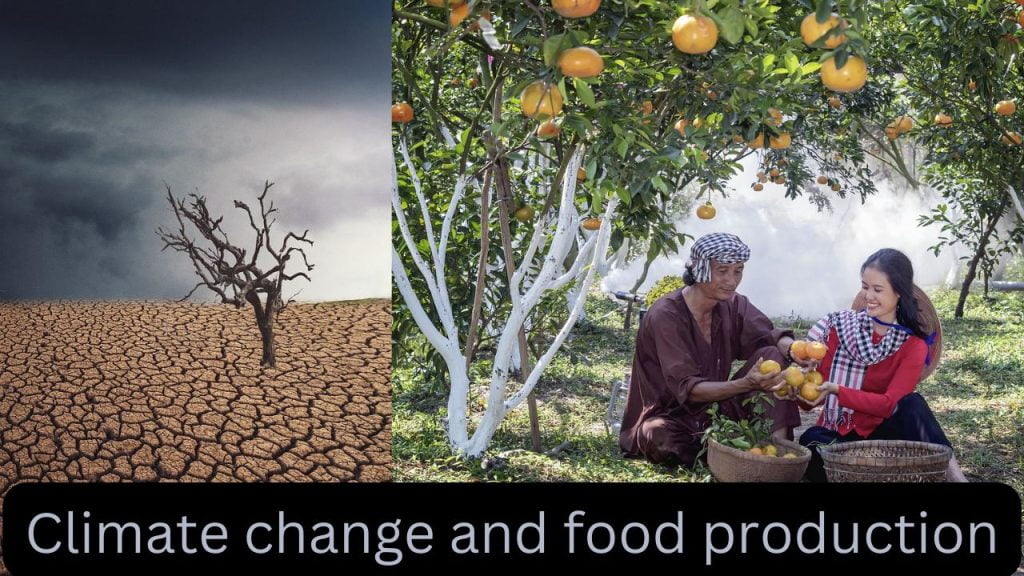
As scientific knowledge grows, it is becoming clearer to us what our future in a changing climate could look like and what that might imply for our health. Specifically how the nutritional value of our food is declining as a result of our emissions of greenhouse gases from burning fossil fuels.
Since the beginning of the Industrial Revolution, carbon dioxide concentrations have risen, from roughly 280 parts per million to over 410 now, and they have continued to rise.
This carbon dioxide provides the carbon that plants require to flourish. They transport it into the plant, disassemble it into carbon, and use it to fuel growth. They also require the soil’s nutrients. So certainly, carbon dioxide is a food source for plants.
Decrease in food nutrients as a result of climate change.
Plants increase carbohydrate synthesis, including sugars and starches, in response to rising carbon dioxide concentrations. At the same time, protein and essential nutrient concentrations are decreasing.
Carbon dioxide (CO2) levels this century will alter the protein, micronutrients, and vitamin content of rice grains with potential health consequences for the poorest rice-dependent countries-NCBI
And that carbon dioxide has other effects on plants besides just causing them to grow. For example, plants that are exposed to increased levels of carbon dioxide produce more carbs, sugars, and starches while synthesize less amount of protein and other essential nutrients. And this is crucial matter for how we will approach food security in the future.
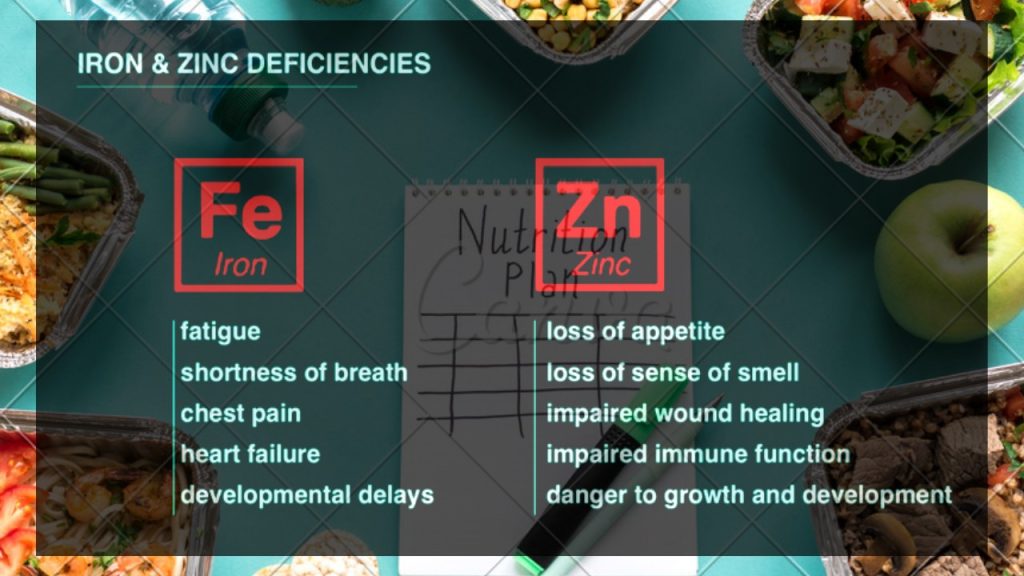
Nearly all micronutrients are impacted by rising CO2 levels when we think about them. Iron and zinc are two in particular. You can get iron deficiency anemia if you don’t get enough iron in your diet. Along with some pretty significant effects, it is linked to exhaustion and breathlessness. Loss of appetite can occur if you don’t get enough zinc. It is a serious issue everywhere in the world. There are roughly a billion people who do not get enough zinc. The health of mothers and children depends on it greatly. It influences growth.
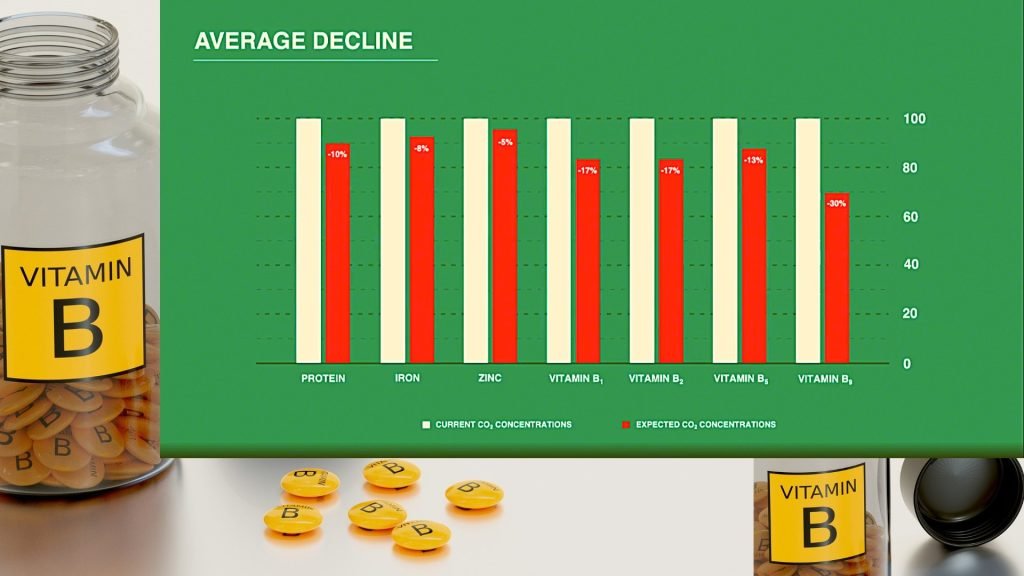
There are several reasons why the B vitamins are essential. They aid in transforming our food into energy. They play a crucial role in numerous physiologic processes that take place inside of our bodies. Additionally, a higher carbon content in a plant results in fewer nitrogen and B vitamins.
For the B vitamins, the situation is more important. There has been a 17 percent reduction in both vitamin B1 and B2 levels. B5 vitamin pantothenic acid has experienced a drop of roughly 13%. There has been a 30% drop in folate. These are averages across all of the experiments that were conducted. The development of children depends on folate. Lack of folate during pregnancy greatly increases the chance of birth abnormalities in the unborn child. Therefore, if CO2 levels continue to rise, these are potentially serious potential health effects.
Climate change is already having an impact on cattle
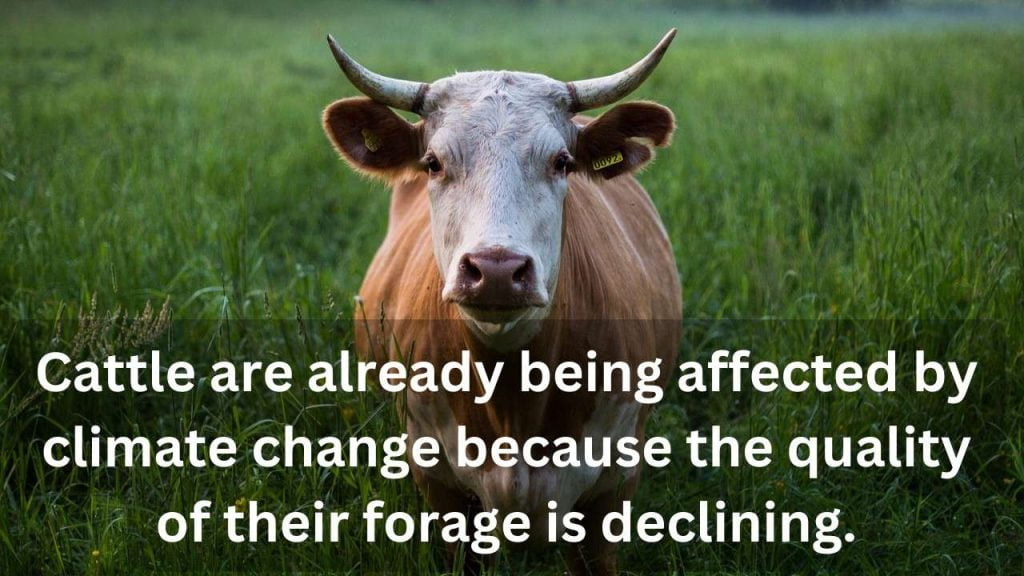
Because of the reducing the quality of their pasture, cattle are already feeling the effects. In actuality, this has an impact on all plant consumers. And consider things like our domesticated cats and dogs. The majority of cat and dog diets include a sizable proportion of grain, as can be seen on their labels. This has an impact on everyone.
What we can do in the future is make sure that everyone has access to a healthy food, not just in rich regions but everywhere in the globe. To alleviate the difficulties that may arise later in the century, both individually and collectively, we must cut our emissions of greenhouse gases.

